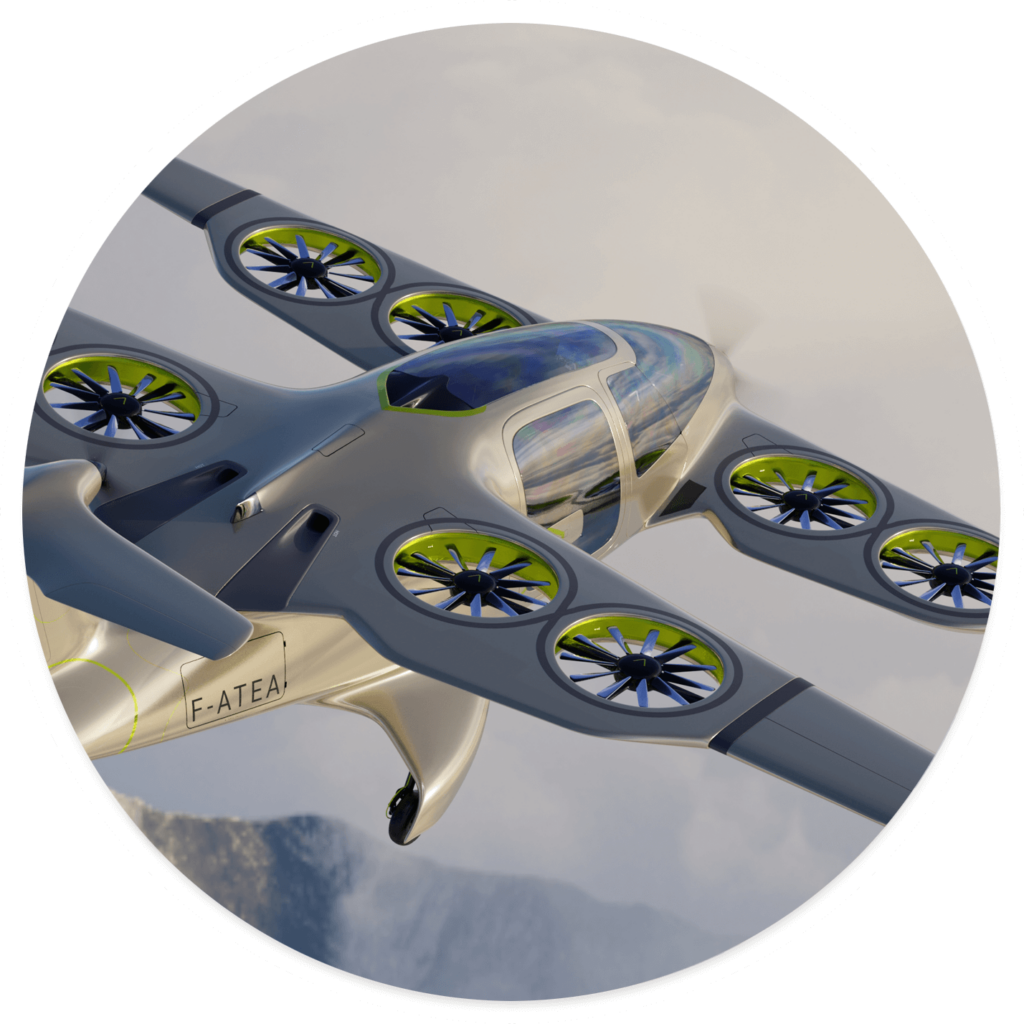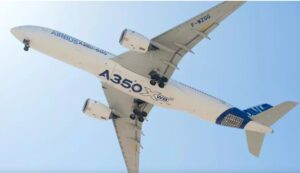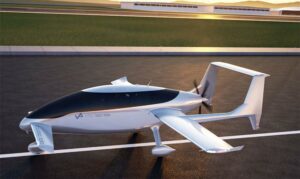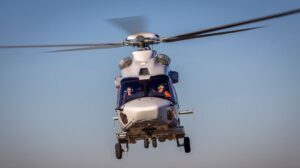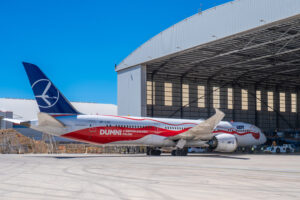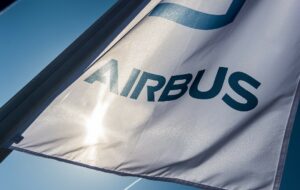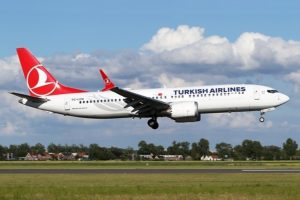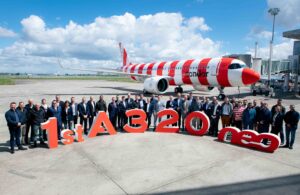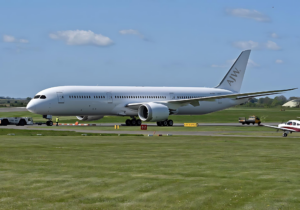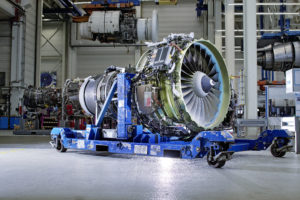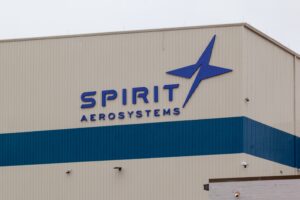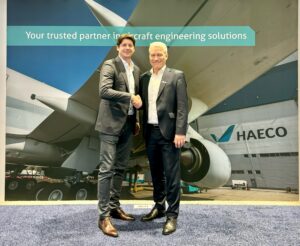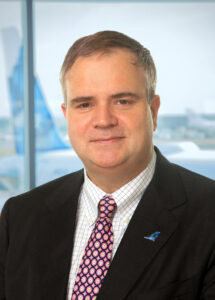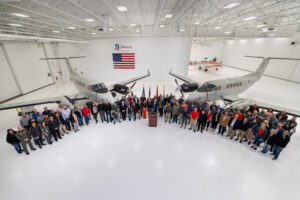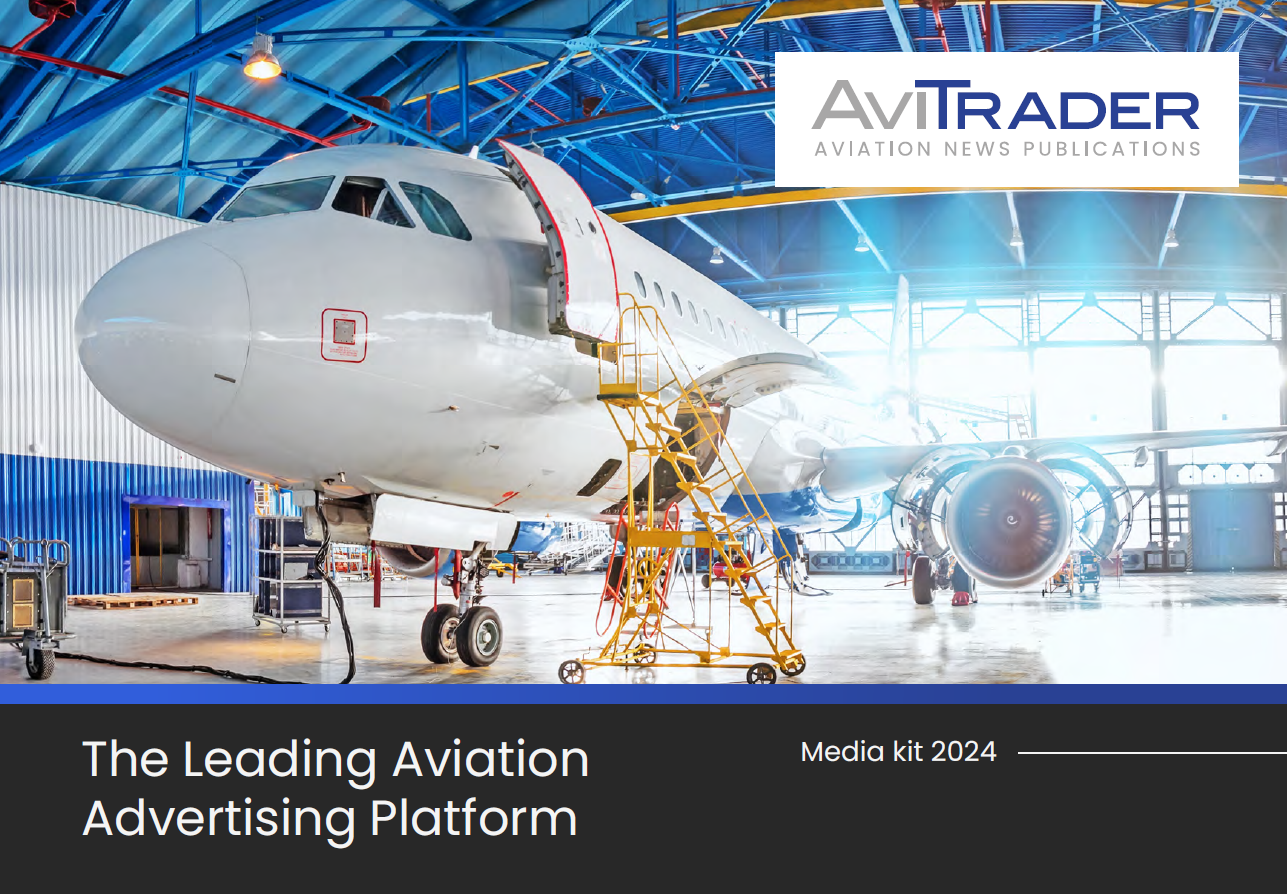Ascendance Flight Technologies, a start-up dedicated to sustainable aviation, has raised €21 million (£18.4 million). These new funds give Ascendance Flight Technologies the resources to fly its full-scale prototype, begin certification and scale-up actions for its first aircraft and help its first clients and partners to reduce the carbon emissions of their aircraft thanks to the company’s hybrid technology.
French Tech Souveraineté, operated by Bpifrance as part of the France 2030 plan, CELAD, Expansion Aerospace Ventures, SC Mahé, Adrien Montfort (CTO Sorare) via Snaw Ventures, and ARIS Occitanie have contributed to this funding round alongside historic investors Habert Dassault Finance, Céleste Management, IRDI, and M-Capital, which have made significant reinvestments on this occasion.
The aim of this round is to enable the company to fulfil its ambitions: to reduce carbon emissions in the aviation sector by offering unique technologies.
With its twin positioning as a manufacturer of both aircraft and engines, the Toulouse-based start-up has focused on markets linked to more sustainable and decarbonised aviation since it was founded in 2018.
Unlike most of its competitors, Ascendance has chosen hybrid electric propulsion as a realistic approach to sustainable aviation, applicable to multiple long-range uses (passenger transport, medical, logistics and surveillance applications). ATEA, its vertical take-off and landing (VTOL) aircraft, is a quiet, low-carbon alternative to helicopters that provides an ideal response to the need for decentralised and regional point-to-point aviation. STERNA, its modular hybrid electric propulsion system,
compatible with sustainable aviation fuels (SAFs) and hydrogen, will open up the possibility of a new generation of aircraft with a significantly reduced environmental footprint.
Ascendance is now entering an intensive prototyping and scale-up phase with the recent delivery of its integration and test flight facilities at Muret L’Herm aerodrome near Toulouse. The company will continue with its roadmap with the aim of delivering its first aircraft in 2026. The coming years will bring major steps forward in its two priority development areas: building the first flight-capable full-scale prototype of its ATEA aircraft and continuing with the aircraft certification process that is currently under way with the European Union Aviation Safety Agency (EASA) and fulfilling its first contracts and partnership agreements to integrate STERNA, its patented
modular hybrid propulsion system, into existing aircraft.
The company announced the signature of 245 letters of intent (LOI) for its ATEA aircraft in 2022 and carried out full-scale testing of its hybrid technology.

